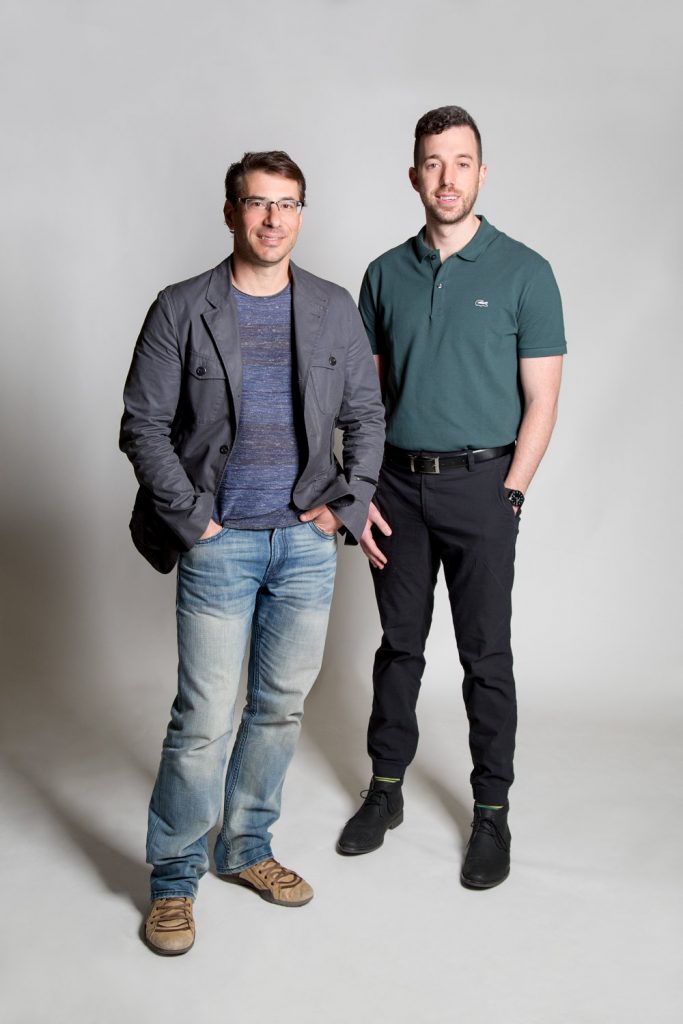New research shines much-needed light on gay men’s use of Facebook to reveal their sexual identity

and doctoral student Matthew Chester
The idea of a gay man coming out often evokes in the mind a certain scene: images of a family member or friend seated in an arm chair in a living room, while the gay son, brother, father or husband opens up about his closely guarded sexual identity. However, a new study from researchers at The University of Texas at Austin suggests not only that social media may be disrupting this familiar tableau, it may also be helpful in lessening the negative ramifications for these men.
Educational Psychology Ph.D. student Matthew R. Chester and Professor Aaron Rochlen at the College of Education were part of a team of researchers that investigated the experiences of 12 gay men who came out online using Facebook. Their paper was recently published in the Journal of Gay and Lesbian Social Services. The study fills a gap in the literature about gay men’s coming out experiences.
Coming out as a gay man is rife with risks. In fact, research shows that gay men face higher incidences of sexual prejudice than lesbian women or bisexual men, and increased violence, verbal abuse and crime. They are more likely to be perceived as mentally ill or as child molesters. To mitigate the effect of these outcomes, gay men may use a variety of methods to disclose their sexual identity, such as direct disclosure, clues, and speculation. Their methods of disclosure often depend on social contexts, such as whether or not the audience is a member of their family, work community, or friendship group. However, much of the research about gay men coming out only focuses on verbal direct disclosure.
Said Chester, the study’s lead author, “While taking a break from work one evening, I came across news articles about young men who were using Facebook to come out to their loved ones. The thought of coming out on social media intrigued me, and I began searching for scientific literature on the topic. To my surprise, no empirical articles existed about the phenomenon, so I decided to conduct a study.”
It turns out that coming out on Facebook is actually quite common. In fact, previous research revealed that more than 6 million Americans have come out on Facebook since 2014. Chester’s study sought to formulate a better understanding of gay men’s use of the social media tool for this purpose, to identify goals for coming out online, and investigate differences between disclosure methods.
“Overall, an interesting pattern emerged that gay men used Facebook as a way to avoid repeated, emotionally-taxing discussions about their sexuality,” said Chester. “The men in our study who came out online said it was a wholly positive experience in which they received significant social support that exceeded their expectations. Our research provides valuable information about the shifting landscape in which gay men are coming out to others.”
“This study shows the deep emotional and personal nature social media posts (and others’ reactions) can have on people’s lives.”
“Research in this area, like our use of social media in general, is evolving,” said Rochlen. “Matt has done an amazing job of using some of his own experiences and observations to contribute to a needed and novel research area with real-world implications. Even if on a small scale, this study shows the deep emotional and personal nature social media posts (and others’ reactions) can have on people’s lives.”
Although the research only looked at gay men’s use of Facebook to come out, Chester said, “There are interesting trends—especially among young people—with regard to use of social media, specifically, engagement with social media well beyond Facebook with platforms such as Instagram, Snapchat, Tumblr, and Twitter. I would like to see future research focus on coming out in a digital age across all these platforms.”

